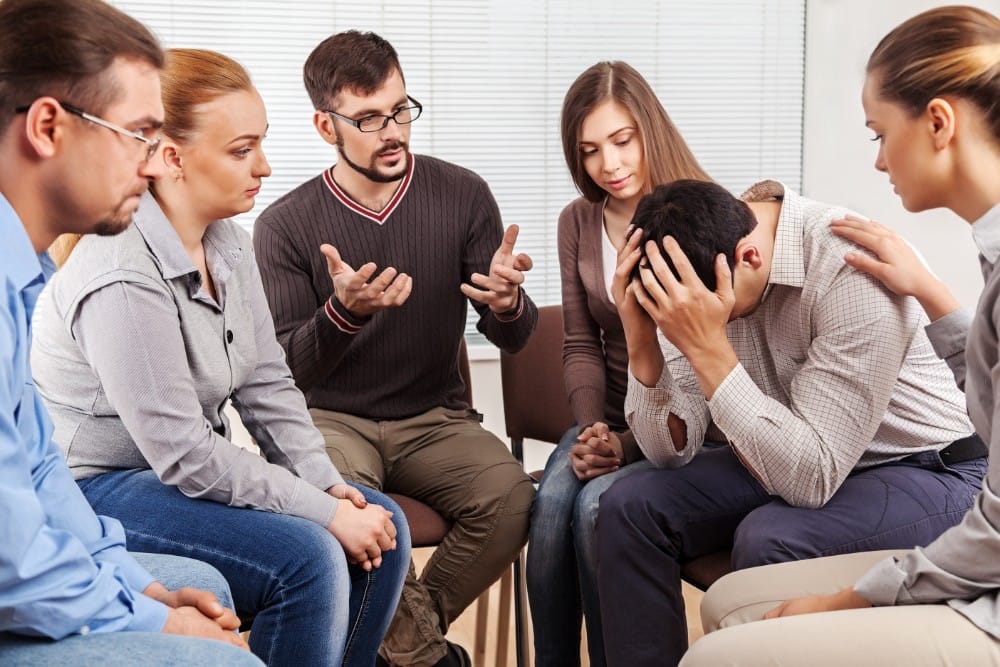
Why Apologizing Might Save Your Recovery
When people apologize, it has a certain tone to it. It means they are sorry for something they’ve done and they feel lament for having caused harm. Making apologies is good for people because it offers to repair the harm done by starting the ball rolling with an important part of the process. They are unique in another way in that they are very hard to make. Apologizing can actually save a person’s recovery because it demonstrates a humility that is necessary for a healthy journey.
Who’s Looking at You
It is easy to apologize when it seems like there is not much to lose. When there is more to lose, it is harder to apologize. For instance, a person who apologizes in recovery but feels afraid of losing face may not be as likely to offer it freely. Anything that threatens your self-image might be harder to get out than something that feels less threatening. When someone has been harmed, like a friend, lover, or special family member, it can be harder to express an apology that makes you look less moral or good than you would hope. Don’t fool yourself – apologies bring us right up front to our greatest fear of being found out for who that person was in addiction. Even if it triggers guilt and shame, an apology actually dampens those and emboldens you to build integrity and courage on the other side of the apology. It just takes confronting it that makes the difference.
Looking Ahead
Barriers to apologies are no excuse for not apologizing at all. It should be leveraged to make apologizing easier. When people focus on what they truly believe, they are more willing to apologize. Understanding what makes it hard creates space for others to feel heard when it comes to navigating apologies in recovery. It may be as simple as ‘I’m sorry,’ or as complex as a longer apology that focuses on healing hurts from the past. Some good tips to get started:
- I’m sorry I did not…
- I’m sorry I forgot…
- I regret that I…
- I lost your trust (faith, confidence, etc) when I…
- Always use “I” statements and eliminate qualifying statements that put yourself as the victim
The biggest reason people struggle with apologies is that they are not sure where to start or they do not want to risk losing face to loved ones. They don’t realize they already lost face long ago when they committed the egregious act. The challenge is apologizing without looking for acceptance. They may be okay with the apology or they may need to take some time to think about whether they accept it or not. It is okay to let them take their time and not push them to accept the apology right away. Recovery does not make everything better automatically.
The Palmetto Center provides space for you to navigate rehab and recovery. We also provide resources to help you find ways to deal with family and friendship issues like making apologies. Our program provides a special focus for professionals including chiropractors, nurses, doctors, lawyers, and more who need help with addiction recovery. Call us to find out more: 866-848-3001.